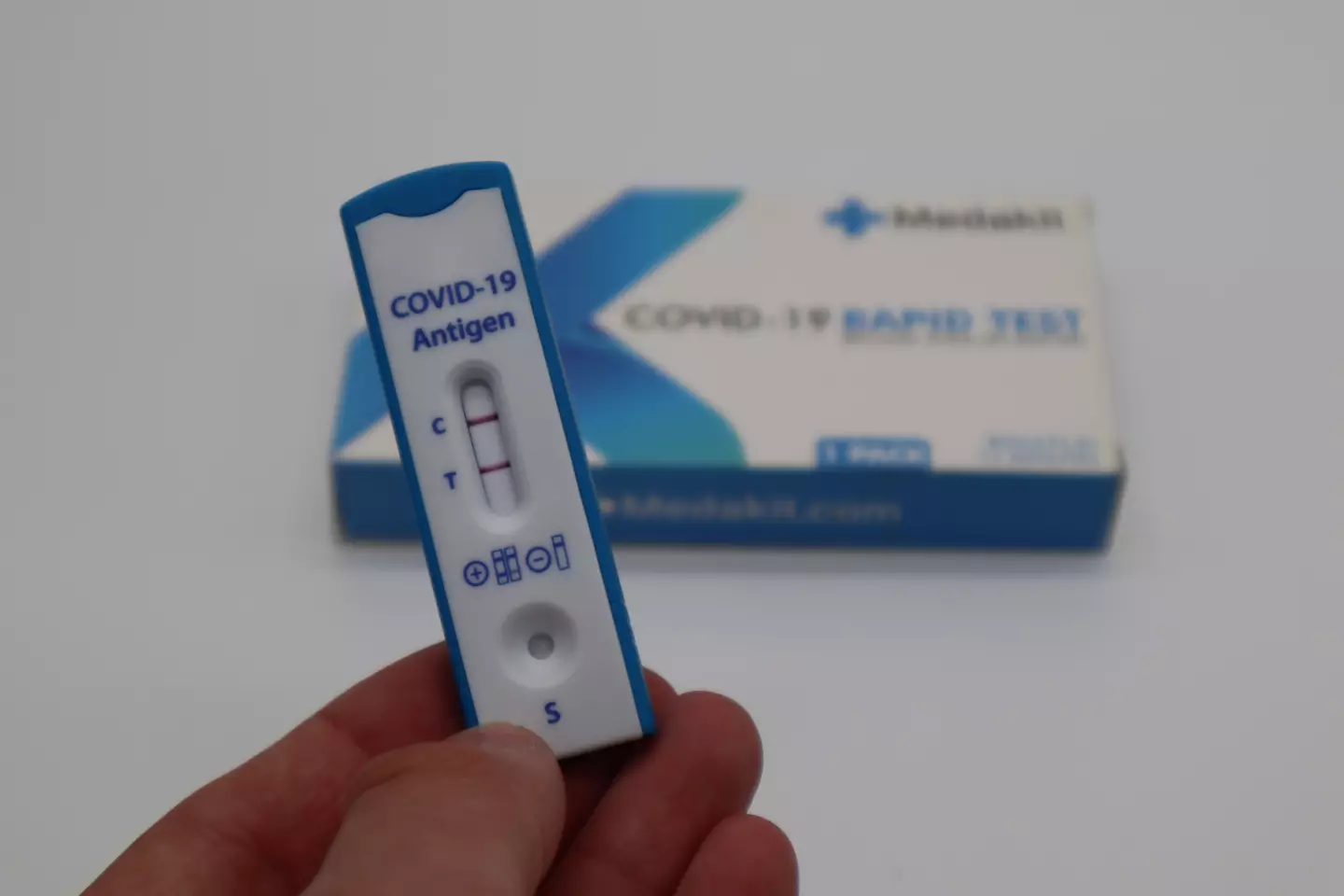
We’re reaching the two year anniversary since coronavirus changed the way we lived our lives – and variants of the disease are still rampant throughout the UK.
The omicron variant, which was first catalogued by scientists in South Africa, has been widespread in the UK since before Christmas.
The latest variant is thankfully thought to cause far more mild symptoms of covid-19, however, some of them are different to the more traditional symptoms we’ve got to associate with coronavirus.

While we all know covid-19 is meant to cause a high temperature, a slight cough and loss of taste and smell, some people with the omicron variant are reporting ear ache to be a symptom of the disease.
The ZOE Covid Symptom study app encourages those who have tested positive to monitor how they’re feeling and report their symptoms.

And a number of Brits have included ear ache as a regular symptom.
"Many of the symptoms reported from the omicron variant of covid-19 show that people are affected across their sinuses, especially with many experiencing a runny nose and sore throat; whilst fewer experience pain in the chest or muscles, or experience brain fog," Giulia Guerrini, the lead pharmacist at digital pharmacy www.medino.com, tells Tyla.
"Earache usually occurs due to a sinus infection of some sort, because the ear, nose and throat are connected through a shared pathway that runs from the middle ear to the back of the throat.
"Therefore, it makes sense that people would be experiencing earache after being diagnosed with omicron, due to the sinus issues that many have experienced with the variant. "
The news comes after a study at Stanford University carried out tests on an inner ear model exposed to covid.
Researchers noted coronavirus can cause symptoms in the inner-ear, which people may not realise are linked to covid.
Dr Konstantina Stankovic said: "If you notice hearing loss or dizziness or ringing in your ears, don't dismiss them.
"Get tested formally. In some of our patients, we've seen that hearing loss is the only sign of Covid infection."

If you do find yourself struggling with the niggling pain of an ear ache, there are some things you can try to ease symptoms.
You should only start to worry about your earache if it’s not getting any better after three days, or if you experience swelling around the ear, fluid in the ear or hearing loss. If you experience any of these, contact 111 or your local GP as soon as possible.
“Whatever you do, don’t try and ease the pain by attempting to clean your ears with cotton buds or similar, as this could do more harm than good," Guerrini explains.
"Firstly, try easing the pain with either a warm or cold compress or heating pad held over your ear, as this should offer some relief.
"You can also try to ease the pain with over the counter, pain relieving ear drops, but ensure that you’re following the instructions carefully.
"You can also take painkillers such as ibuprofen or naproxen to ease the pain or preparations containing phenylephrine or pseudoephedrine, both decongestant ingredients that can help unblock your nose and ears and give you some relief.”
Featured Image Credit: ShutterstockTopics: Coronavirus, Covid-19, Health
